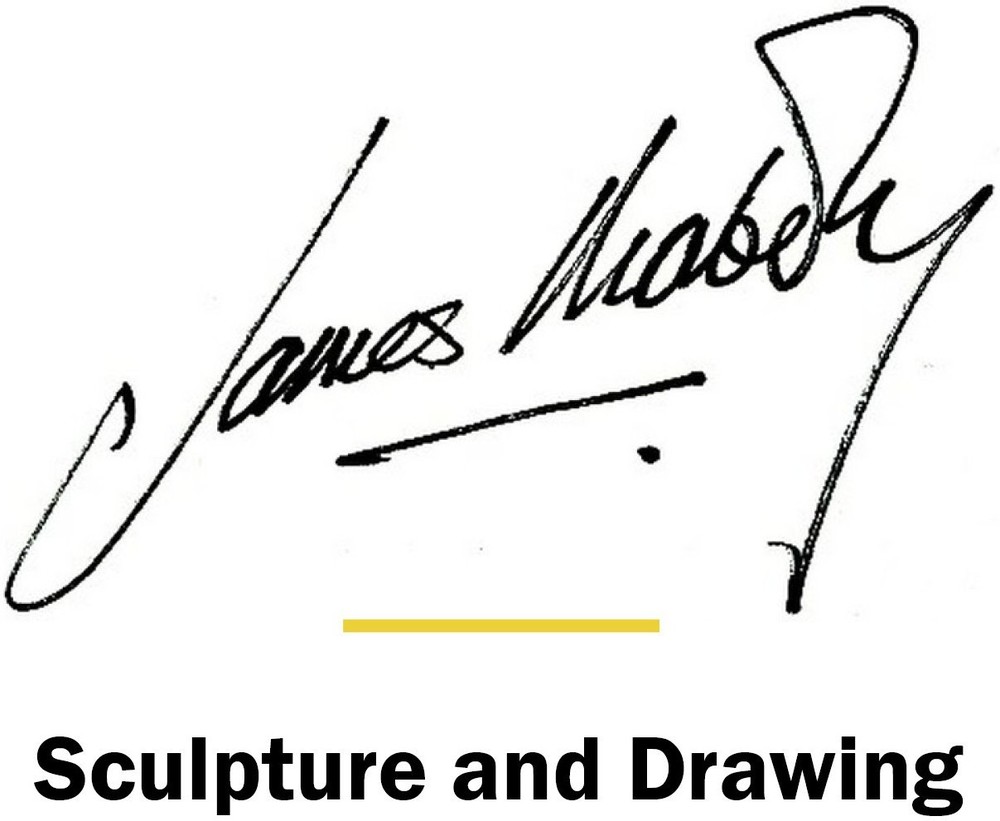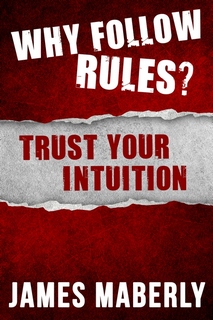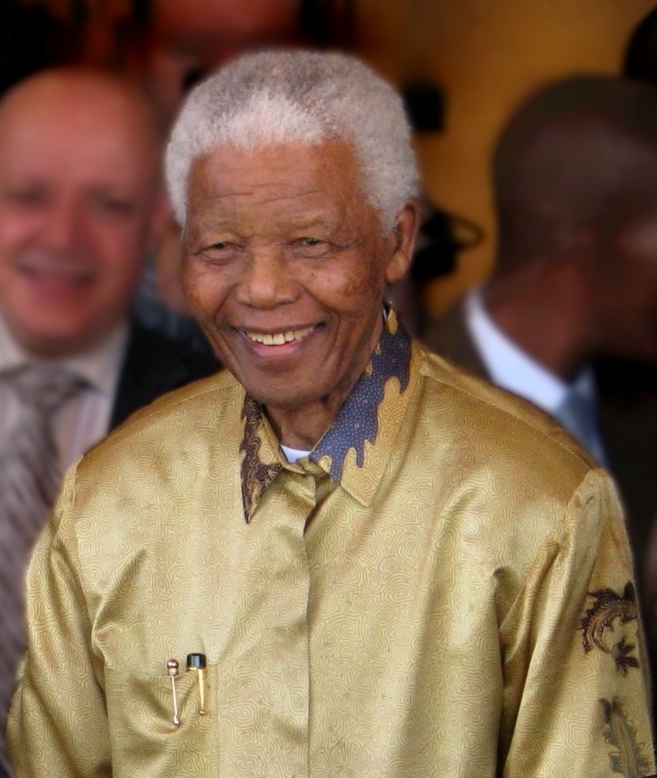I am a great believer that as an artist, almost everything I produce is in some way autobiographical. It is one of those obvious factors that we tend to pass by but it makes complete sense. Even if the subject matter has nothing to do with us as individuals, it is telling a story about us.
When I was at college I produced many self-portraits as a way of exploring different techniques using the same subject matter. It was a great exercise and I learnt a lot from it.
Since then I have not done many, though there are two images from my past which I have never forgotten and I still look at them as I feel they really revealed me at two specific moments in my life.
The first is a rather impotent figure with no arms and a malformed leg, staring ahead into some kind of revelatory space/time portal, searching for some kind of release from the unease that he is feeling. I remember drawing this image and being shocked by it. It was never intended as a self-portrait but it was obviously touching a very sensitive nerve.
In the second, I seem to be hiding away from something, hands up, blocking something. Whether it is me blocking something from sight or whether it is holding someone else away I am not sure. It is however creating a space between myself and something, whatever it may be. The face is minimal, whilst the barriers of arm and hand are strong.
The most recent is a very different image. It is a gentle face and yet the front of the face is in the shadows. The light is coming from the side. It is as if I still need to face the light to reveal myself to myself. There is nothing left to hide or that needs to be hidden. Knowing ourselves is the most real and powerful part of being – it is reaching in to find our intuitive selves amongst all the bluster and hype that whirls around us and all the noise and drama that constantly seeks our attention.
The following quote is a brilliant treatise on discovering who we are: read it and feel it. It is almost tactile.
“Each of you acquires opinions and beliefs about yourself during your upbringing. You absorb ideas and images from your parents, family, peers, school, etc. You begin to play certain roles without questioning them, and you soon develop something called a ‘personality’: a set of habits, behaviours, and thoughts. But at some time in the course of growing up, something else awakens in you. First, it is no more than a whisper; a memory that you cannot place; a knowing that you are more than what is just determined by the world outside yourself. There is something deeper, a layer that cannot be contained and understood by the human intellect. Herein lies your core, that which precedes and survives the earthly sphere – your soul.”
Pamela Kribbe
















